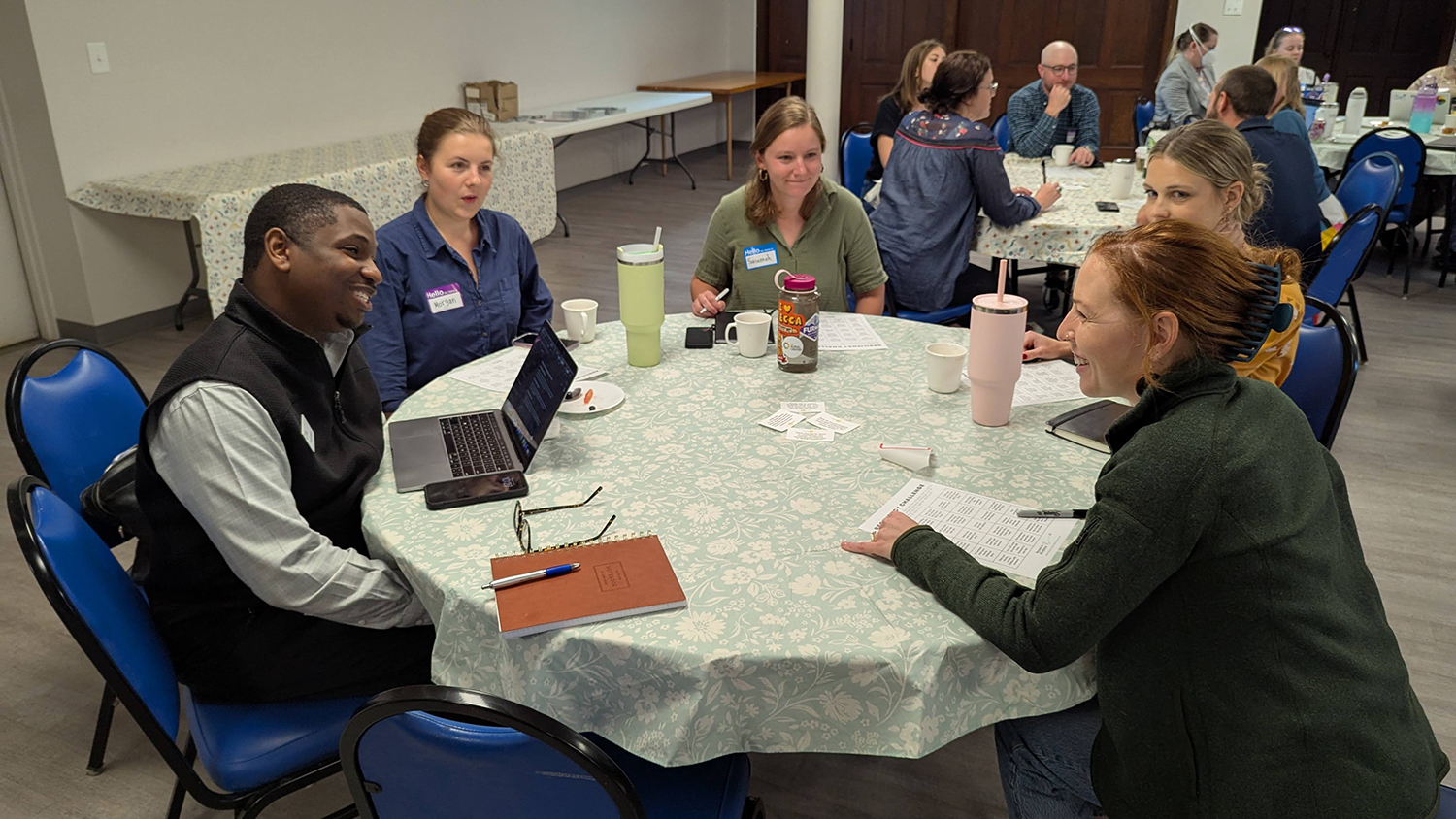Rolling Hot Spots
Caldwell County is getting on the road to help close the digital divide. Thirty-one school buses in the county are fitted with routers and antennae to support Rolling Hot Spots, which are Wi-Fi enabled school buses that provide internet access where it’s needed. This program is an extension of Google’s Rolling Study Halls, which was first piloted in Caldwell County in 2016 under the leadership of The Education Foundation Inc. of Caldwell County’s Executive Director, Pat Triplett. It launched nationwide in 2018.
In response to COVID-19, the Education Foundation Inc. of Caldwell County worked closely with the K-12 public school system and Caldwell Community College and Technical Institute to survey students about their at-home learning needs. This included access to the internet at home and if they had a device to complete their school work. While the survey was shared electronically, follow-up phone calls were made to try and reach those without internet. The survey data was used to create a map with expected service gaps. The buses will be deployed in these areas and maps of their locations will be posted on Caldwell County Schools and Caldwell Community College and Technical Institute websites.
The Education Foundation has partnered with a third-party provider to manage the installation of each bus with WIFI hardware and a yearly unlimited government data plan–a cost of just under $2,900 per bus. They also have several portable mesh network kits to strengthen the connection where needed. These run nearly $1,400 a piece. The expected WIFI range of each bus is about 200-300 feet. In addition, each bus will be plugged into an electrical outlet, a unique feature of this particular system.
There is a lot to consider when putting together a rolling hotspot program. After collecting relevant data to identify need, the next step is to determine where the buses should be deployed, what host site partnerships are needed, and liability and other agreements. Other decisions include who should have access, how to access it while social distancing, when the WIFI will be available, and how to market the service to those who need it most. For now, Caldwell County plans to make the WIFI available 24/7 and anyone in the community can access it. They are getting the word out through the K-12 schools all-call system, media, and making sure community leaders. They plan to monitor usage data and make adjustments as needed.
Communities interested in creating a rolling hot spot of their own will not have to start from square one. There are numerous examples across the nation, and Caldwell, Halifax and Edgecombe counties have programs here in North Carolina. “Internet access for children is more important now more than ever. We are very fortunate to have a corporate partner like Google in our community who understands this and is willing to help” says Ben Willis, Director of the Education Foundation of Caldwell County. “We’ll do our part in helping guide other school systems if they would like to adopt a similar type of program in their community. We are here to help!” You can contact Ben at bwillis@caldwellschools.com.
- Categories:


